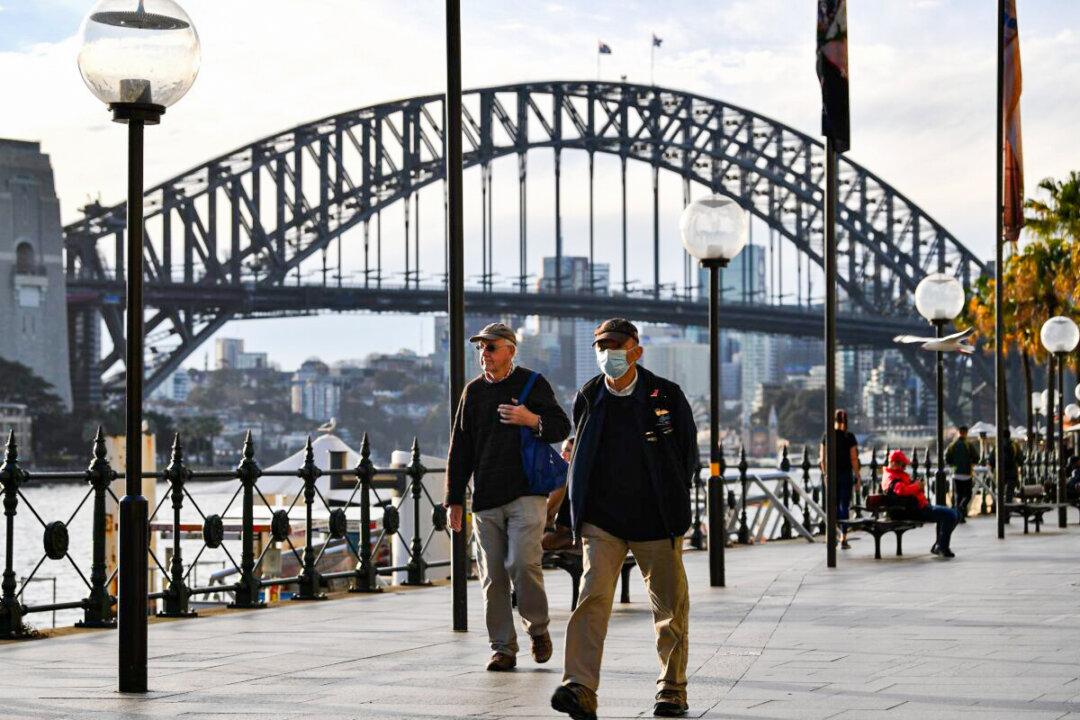Commentary
The economic news of the last couple of weeks in Australia is bleak at best and demoralising at worst. The skyrocketing prices of energy, meat, vegetables, and petrol have led to big increases in the cost of living.

The economic news of the last couple of weeks in Australia is bleak at best and demoralising at worst. The skyrocketing prices of energy, meat, vegetables, and petrol have led to big increases in the cost of living.